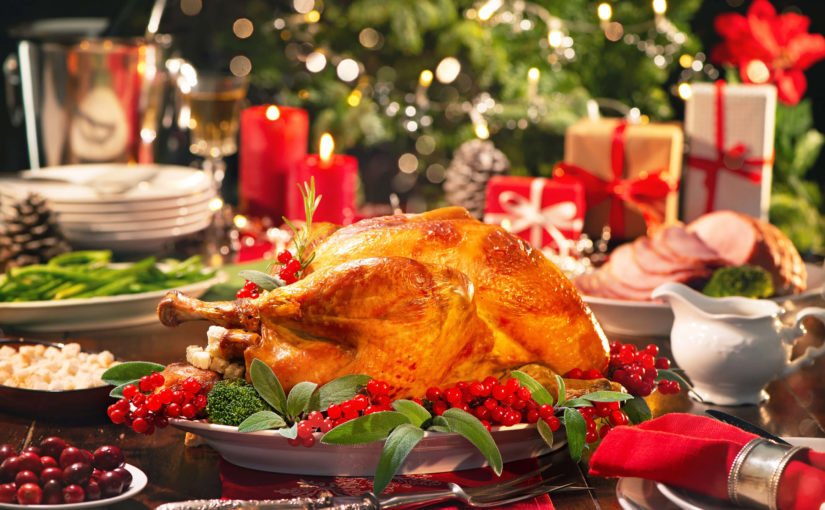Many of us start to look forward to Christmas dinner from about Halloween, whether because we stock up on the frozen and less perishable ingredients ahead of time, or just because of plain old excitement.
It’s a big meal, and while that amount of indulgence can feel wasteful, it does not have to be. With big meals come big opportunities to cut down on the carbon footprint and amount of waste generated by an environmentally friendly Christmas dinner.
Here are just a few top tips of how you can have an environmentally friendly Christmas dinner this year, without having to compromise on serving up a feast for your friends and family.
1. Shop local
Local ingredients clock up fewer carbon miles, so head to your local market or farm shop, and try to make sure the vegetables you buy are grown in your area.
Even if you must buy from the supermarket, it usually says where fruits, vegetables, and meats were produced, so check the country of origin and buy from the UK or Europe if possible.
2. Buy loose
If you can get ingredients in zero packaging – or at least in recyclable packaging like paper bags – do so.
Again, farm shops and market stalls are good for this, although the supermarkets are increasingly using recyclable vegetable bags.
This isn’t just good for an environmentally friendly Christmas dinner; it also means less packaging waste in your bin in between Christmas collection dates when you can easily get overwhelmed with plastic.
3. Be sensible
It’s an indulgent time of the year, but you can be sensible about the quantities you buy. Keep track of just how much perishable food you have purchased.
Some foods can be frozen or kept for longer – and leftover vegetables can be made into meals or side dishes like bubble and squeak that you can freeze too. Try not to throw away edible food if you can avoid it.
4. Plan ahead
Putting together all the above, you should be able to come up with a plan ahead of time.
Try to decide what meat and vegetables you will need and be logical about when and where you buy them.
Getting more ingredients in a single trip to the local farm shop or market hall saves time at such a busy time of the year, but also reduces the carbon miles you create just by driving around town.
5. Recycle what you can
Make sure you are aware of what you can recycle from your Christmas dinner, including the materials you use to cook and serve it.
Remember rinsed-off kitchen foil can be scrunched into a ball and put in with your metal recycling. That goes for any disposable foil trays you used to cook or serve your vegetables too.
Use vegetable peel in your compost bin or garden waste recycling to produce fertiliser for the spring, and you could even use it to grow more vegetables. This way your Christmas leftovers continue to help the environment right through to Easter.
